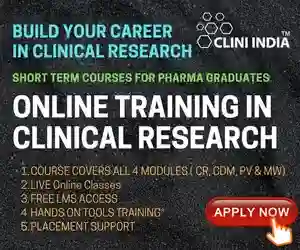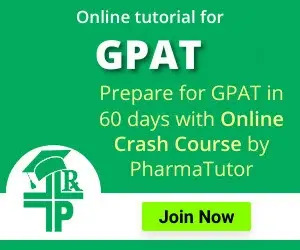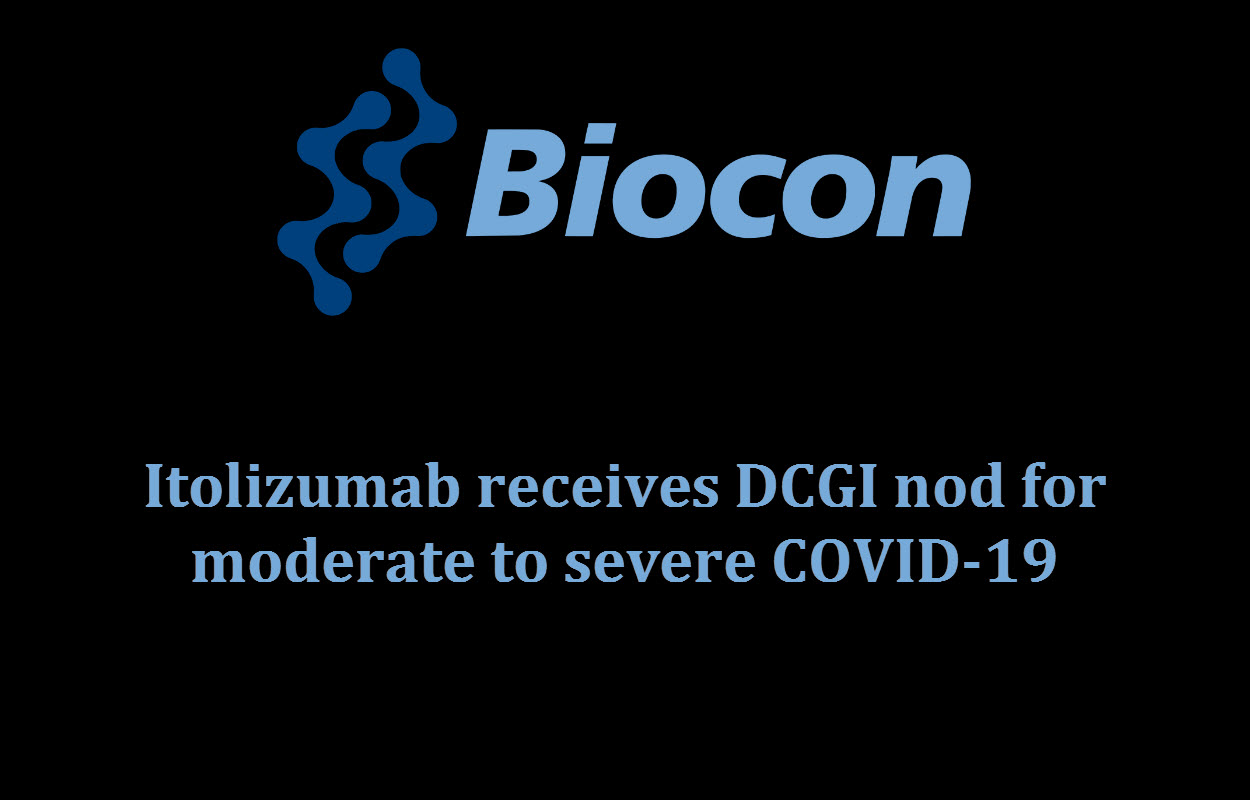
Biocon Ltd an innovation-led global biopharmaceuticals company, announced that it has received the Drugs Controller General of India’s (DCGI) approval to market Itolizumab (ALZUMAb®) Injection 25mg/5mL solution for emergency use in India for the treatment of cytokine release syndrome (CRS) in moderate to severe ARDS (acute respiratory distress syndrome) patients due to COVID-19.
Itolizumab is the first novel biologic therapy to be approved anywhere in the world for treating patients with moderate to severe COVID-19 complications. Biocon has repurposed Itolizumab, an anti-CD6 IgG1 monoclonal antibody launched in India in 2013 as ALZUMAb® for treating chronic plaque psoriasis, for the treatment of CRS in moderate to severe ARDS patients due to COVID-19.
Itolizumab will be manufactured and formulated as an intravenous injection at Biocon’s bio-manufacturing facility at Biocon Park, Bengaluru.
The SARS-CoV-2 virus has been observed to induce an overreaction of the immune system, generating a large number of cytokines that can cause severe damage to the lungs and other organs, and, in the worst scenario, multi-organ failure and even death.
The approval of Itolizumab, from the DCGI is based on the results from the successful conclusion of a randomized, controlled clinical trial at multiple hospitals in Mumbai and New Delhi. The study focussed on the safety and efficacy of Itolizumab in preventing CRS in moderate to severe ARDS patients due to COVID-19. The primary endpoints for reduction in mortality rate were met and other key secondary endpoints for efficacy and biomarkers were also achieved.
Kiran Mazumdar-Shaw, Executive Chairperson, Biocon, said: “As an innovation-led biopharmaceuticals company, I am proud of the successful outcome of the pivotal study we conducted with our novel immuno-modulating anti-CD6 monoclonal antibody, Itolizumab, which has proven to be an efficacious intervention in treating the serious hyper immune response seen with COVID-19. The data is compelling and I am confident that this ‘first-in-class’ biologic will save lives and help reduce the mortality rate in our country.
“This positions India amongst the leading global innovators in their effort to overcome the COVID-19 pandemic. The randomized control trial indicated that all the patients treated with Itolizumab (ALZUMAb®) responded positively and recovered. The control arm that did not receive Itolizumab unfortunately had deaths. Itolizumab is now approved for the treatment of CRS in patients with moderate to severe ARDS due to COVID-19. We plan to take this therapy to other parts of the world impacted by the pandemic.
“Itolizumab’s unique mechanism of action made it an ideal candidate for treating the ‘cytokine storm’, which is a leading cause of death in COVID-19 patients. I am pleased that our R&D and clinical teams delivered on this promising hypothesis in such a short period of time. It is a proud moment for all of us at Biocon and we would like more and more patients to benefit from this therapy. I also thank the investigators and the regulators for the sense of urgency that they displayed in this study.
“ALZUMAb® has a seven-year proven track record of safety as doctors in India have been prescribing this biologic to treat acute psoriasis and ensure a better quality of life for patients and now we will be able to save many critically ill COVID-19 patients with our drug.”
Dr Suresh Kumar, Medical Director, Lok Nayak Hospital, Delhi said: “At the time of this COVID-19 pandemic, we do not have any specific treatment for patients who are losing the fight against the disease in spite of best supportive care. Lok Nayak Hospital was one of the sites of the Itolizumab study wherein we used Itolizumab to treat eight patients. These patients did extremely well even with a single dose of Itolizumab. Patients who were with initial oxygen saturation of less than 80% and would have been put on ventilator support with little chance of survival, recovered completely when treated with Itolizumab and got discharged. I sincerely believe Itolizumab will not only help in reducing morbidity and mortality of COVID-19 patients but will also help us in judiciously managing healthcare resources like ICUs and ventilators for critically ill patients.
Dr Mohan Joshi, Dean, BYL Nair Hospital, Mumbai, said: “In our hospital, we have tried Itolizumab in many COVID-19 patients with moderate to severe ARDS and found significant improvement in clinical, radiological and inflammatory markers after administering Itolizumab. These outcomes were quite evident with one dose of Itolizumab when administered before the ‘cytokine storm’ set in. Most of the patients have well tolerated the drug. Given the growing surge of COVID-19 cases, I would recommend use of Itolizumab in moderate to severe complications in COVID-19.
Dr Sandeep Athalye, Chief Medical Officer, Biocon Biologics, said: “We are delighted with the results of the clinical trial for Itolizumab in India. Itolizumab demonstrated statistically significant advantage over the control arm, in one month mortality rate. Key efficacy parameters such as PaO2 and SpO2 (oxygen saturation) improvement without increasing FiO2 (oxygen flow) also showed statistically significant advantage for Itolizumab arm over the control arm. All the patients on Itolizumab arm were weaned off oxygen by Day 30, and none needed ventilator support unlike the control arm. Key secondary endpoints of clinical markers of inflammation such as IL-6, TNF-α, serum ferritin, d-dimer, LDH and CRP showed clinically significant suppression post dose and correlated well with clinical improvement in symptoms and chest x-ray images. Itolizumab was overall well tolerated and was found to be safe. Itolizumab when administered to patients with moderate to severe ARDS due to COVID-19, prevents morbidity and mortality due to cytokine storm.
India currently has more than 283,400* documented active coronavirus infections and over 22,100* deaths
Itolizumab’s unique mechanism of action of immunomodulation involves binding to the CD6 receptor and blocking the activation of T lymphocytes, which in turn suppresses the pro-inflammatory cytokines, thus reducing the cytokine storm and deadly inflammatory response.
Biocon launched ALZUMAb® (Itolizumab) in India in 2013 for the treatment of chronic plaque psoriasis. Many patients have benefitted from this novel therapy.
<< Back to Pharma News
Subscribe to PharmaTutor News Alerts by Email



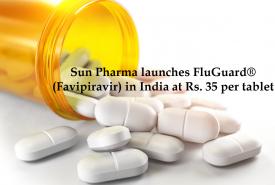

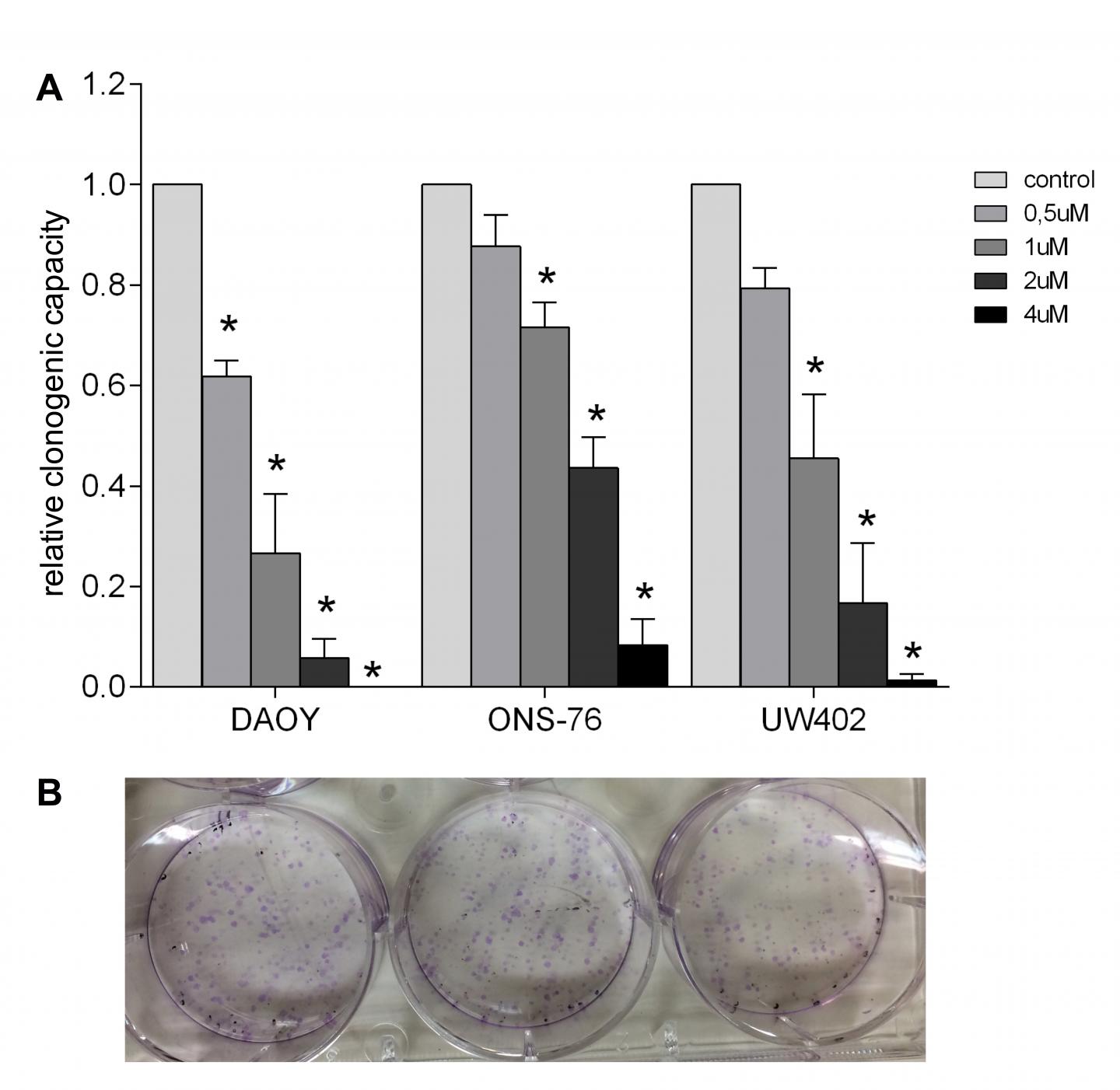
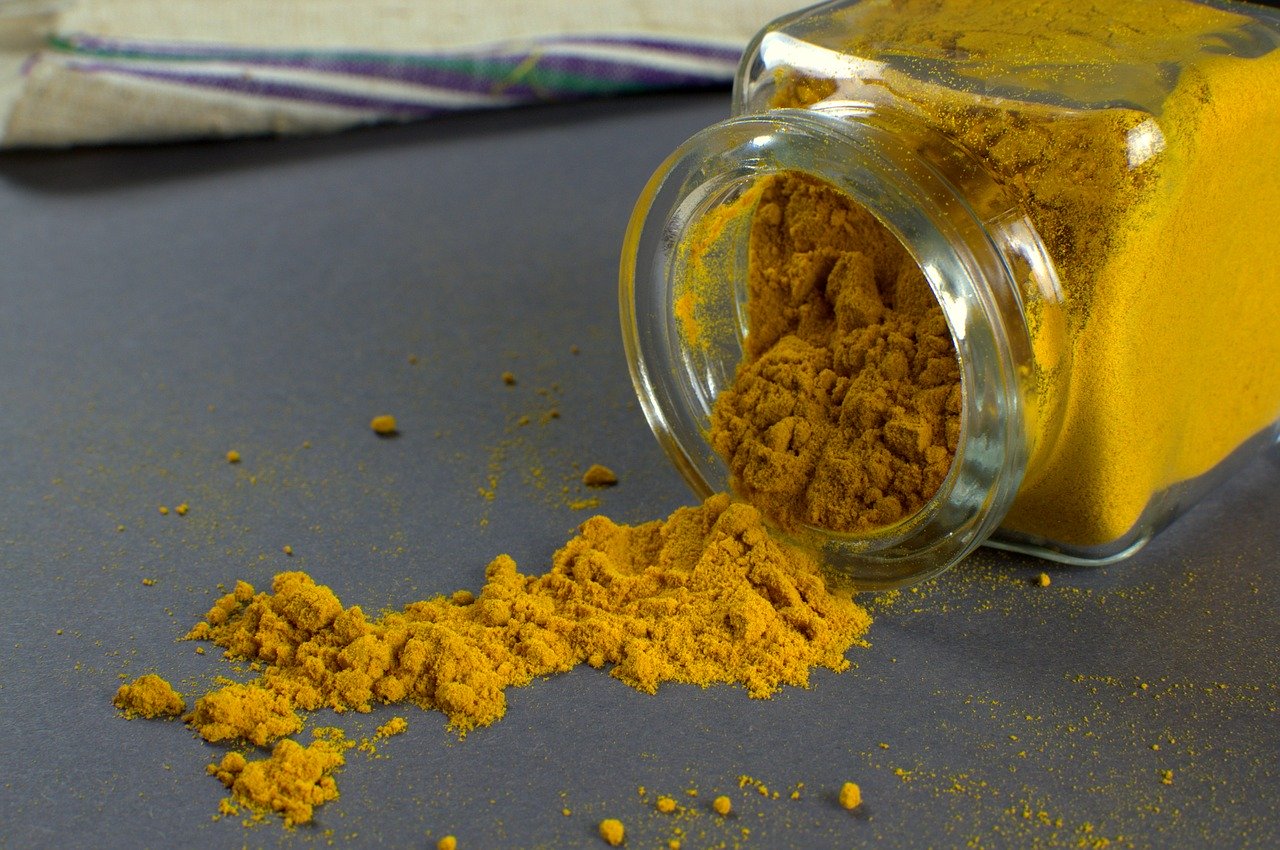
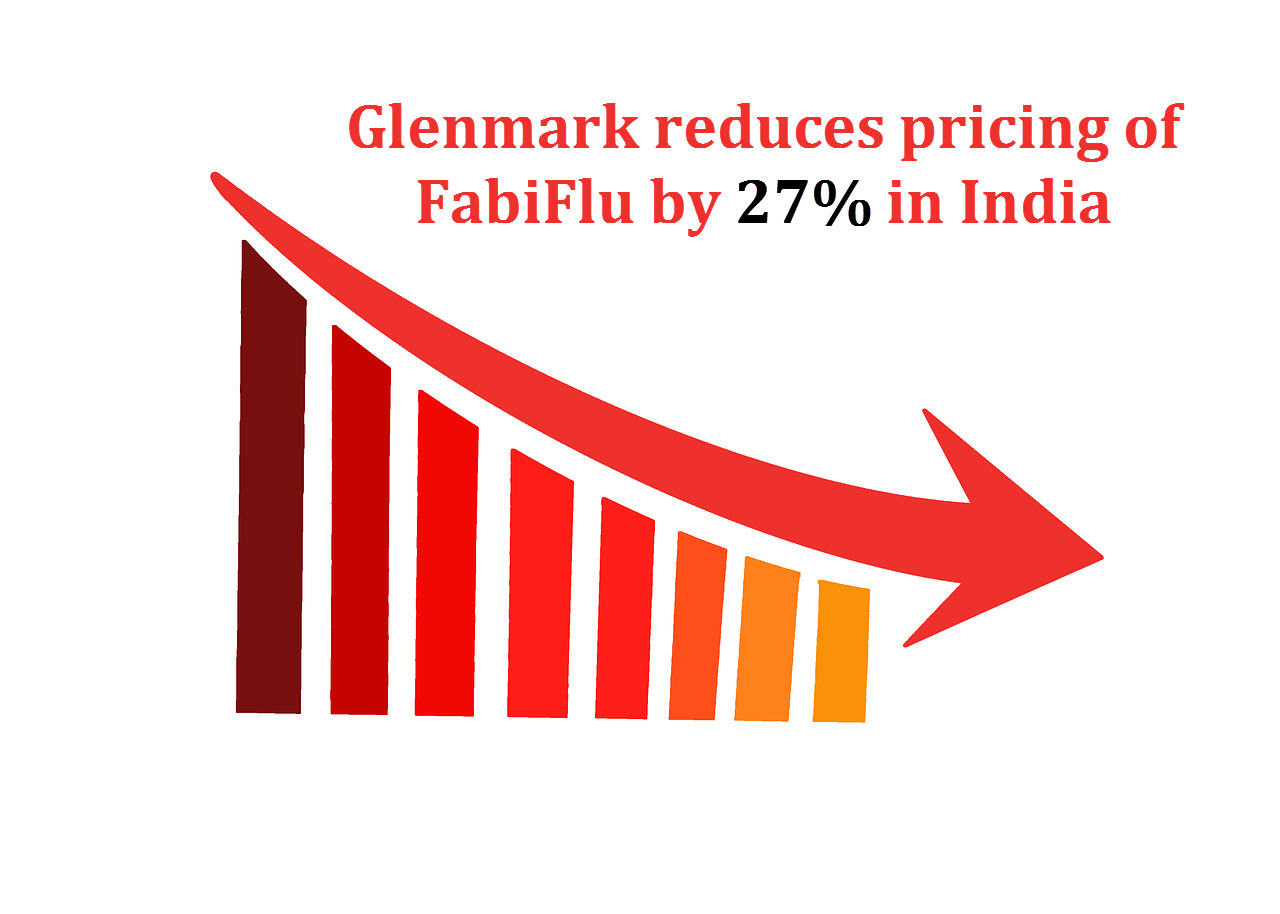

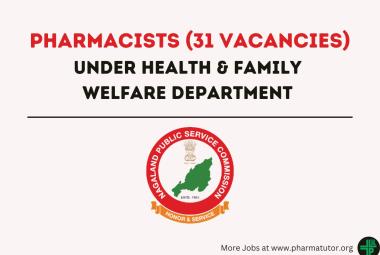
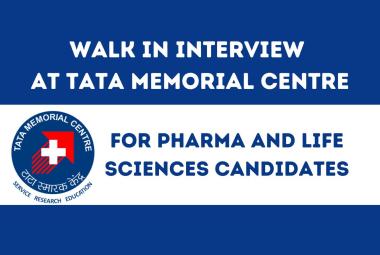
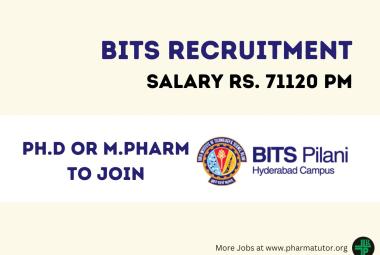
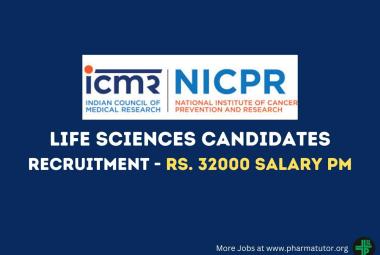
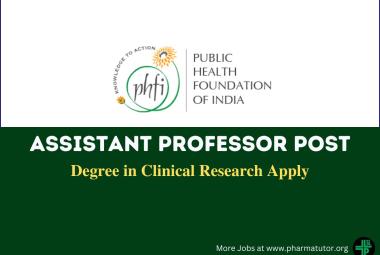



.png)

